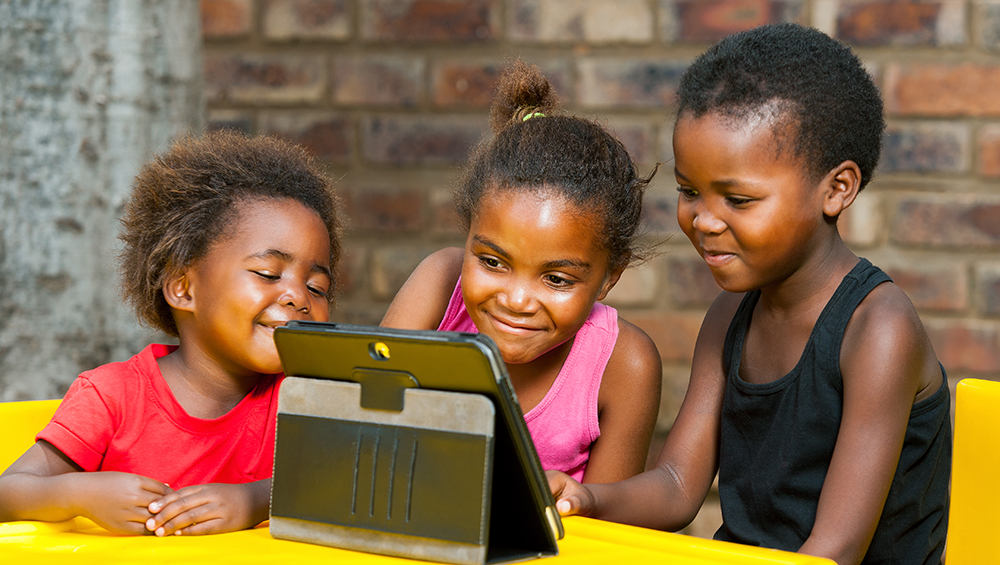Harnessing EdTech in Africa: A Scoping Study

Harnessing EdTech in Africa: A Scoping Study
Introduction
At the start of the COVID-19 pandemic, many governments around the world announced that all schools must close for a period of time in order to delay the spread of the virus. The pandemic disrupted access to education and learning across the globe: at the height of the pandemic, over 1.5 billion learners were affected by the global school closures and children were out of school and at risk of not learning, not passing exams and dropping out (Vegas et al., 2021). Experience from the West Africa Ebola crisis in 2013 and 2014 (Yasmin, 2016) tells us that when children are out of school during a crisis or emergency situation, there is an increased risk of violence at home and early pregnancy. This is especially true for those who do not have independent access to learning materials (i.e. do not own a computer connected to the internet, or a smartphone with sufficient data bundle top- ups) there is a risk related to equity and continuation of the digital divide that exists in many African countries. As an example of the urgent need to ensure educational continuity during a pandemic, the start of the pandemic meant that education was interrupted for 17 million children in Kenya alone, which resulted in learning loss and negative impacts on mental health (Zaman, 2021).


